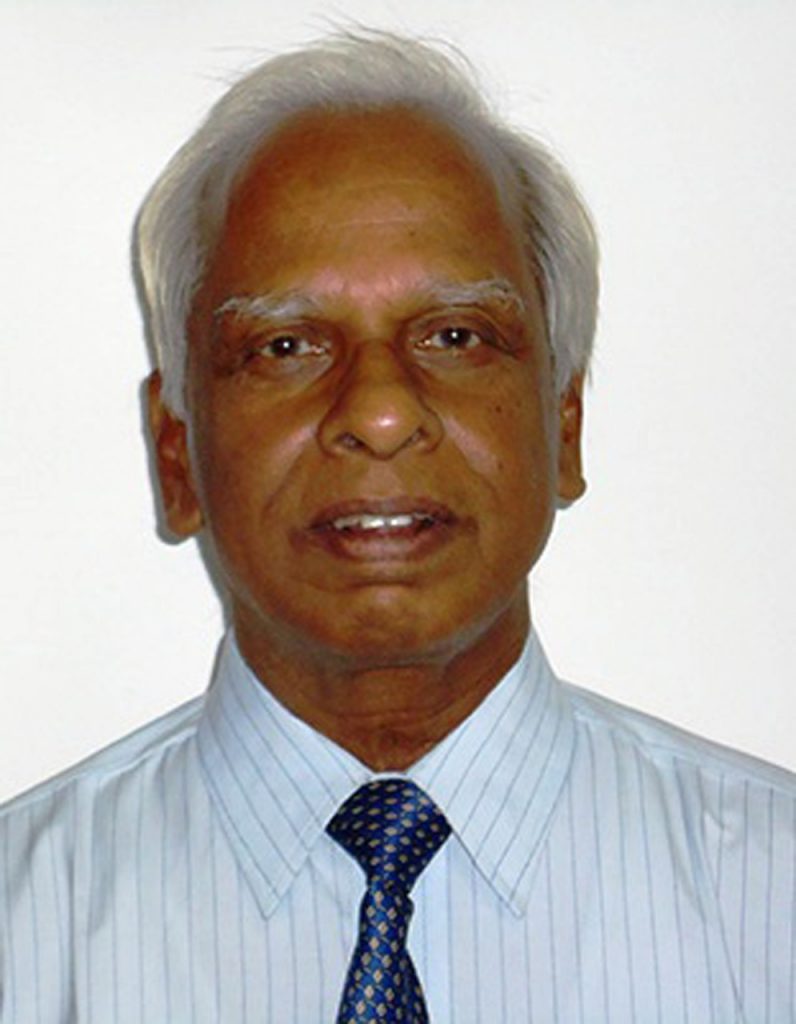This was sixty-five years ago. I had just become a student at Ravenshaw College. The spirit of the freedom struggle was still very much there. There was hope, there was self-belief, and much optimism. Some freedom fighter or the other, whose names are nowhere to be found today (there were so many authentic people of this category at that time, who didn’t care to be remembered in the pages of history)would drop in in our hostel – I was in “East Hostel”- on Sunday mornings and would talk to us about the future of our state and of our country and the expectations from us, the “future” of the country. Most of them were not “intellectuals”; they didn’t come to us to debate about anything. They merely wanted us to remember that we should not think of just our own well-being but of the well-being of others – the much less privileged than us – around us as well.
One of them once asked me to tell him Aurangzeb’s (in an informal conversation that is how the historical personalities are usually referred to in our languages – without prefixes like “emperor”, “king”, “queen”, etc.) great grandfather’s name. When I told him, he asked me another question, “what is the name of your great grandfather?” I said I didn’t know. “Maternal grandfather’s name?” I gave the same reply. I didn’t even know(neither do I now) my mother’s father’s name, let alone the great grandfather from my mother’s side.
He asked me if I didn’t think it odd that I knew so much about Aurangzeb’s ancestors but didn’t know about mine. I didn’t think his observation deserved to be taken seriously. I do not remember what I told him by way of response but it is inconsequential for our present purpose. Incidentally and ironically, it is from my elder son, who is collecting information about my ancestors and constructing our family history of about two hundred and fifty years that I now know something about my ancestors – “ironically”, because such information is normally passed on from the father to his children, not the other way round. By the way, no one in my family had ever told me about my ancestors.
Years after that question of the unknown freedom fighter, I was thinking, during the lockdown, about what would constitute “useless knowledge” and by implication, what could be taken as “useful knowledge”. What the freedom fighter thought was, for me, “useful knowledge”, was, to put it rather bluntly, “useless knowledge” for me. One would say, no mystery in that! There is no situation barring just one, the mahalaya shraddha, when one is asked by the priest to name his seven generations. The priest somehow manages if the jajman tells him the names of only his father and grandfather. The one in the family who offers this shraddha year after year has the list of the names of the patriarch of seven generations; the rest of the family doesn’t. For them, this knowledge is entirely unnecessary; so quite understandably, they are unaware of those names. The case of Aurangzeb’s ancestors is different. We learn about them at school. Now, ask anyone about the names of Bahadur Shah Zafar’s sons or Babur’s grandfather’s name! Not many would be able to tell. Our school books hardly mention their names – history is only about successful persons. So it is our education system that determines what constitutes useful knowledge and what doesn’t.

More than a hundred and twenty years ago, PhakiramohanSenapati, the great Odia writer and thinker had said things that are relevant here. Criticizing the education system of his times, in his essay “IngreziSiksha”, he observed that not every student needed to know algebra, history, and geography, all of which were taught in English. For the students from the well-to-do families, who sought clerical jobs in the Court for a meager salary of twenty rupees a month, that kind of education might be fine but for the overwhelming majority of poor students, that education was not merely expensive, it was of no use in life. At school, said the great man, they should acquire knowledge and skills in agriculture, brick making, house construction, carpentry, cooking healthy food and the like. This knowledge would provide them livelihood and help them live a better life.
He was critical of the education the girls were receiving in the Girls’ schools. There was nothing in it, he wrote, that would help the students to acquire the knowledge that they would need in the future. The girls, from his point of view, were wasting time and effort in the school and their parents, their money. His observations have to be considered in the context of the society of his times. Things have changed. But the changes have not rendered the idea of “useless knowledge” meaningless.
The educated in India, he observed, knew which warrior in which European war fought valiantly or cowardly and died were, which river originating in an African country flowed through which countries before meeting the sea and the like, but they had no knowledge about the history and the geography of their own region.
Thus, Phakiramohan was concerned with the problem of useful and useless knowledge. In his view, the knowledge that has an enabling application in day-to-day life is useful. Also, the knowledge that helps one to gain an understanding of one’s own history, culture, and environment is useful. The rest is not. And what could be useful knowledge for some (the seekers of clerical jobs in the Court, as mentioned above), could be useless knowledge for others. The education system is not sensitive to this.
The other day, a senior linguist of our country, a good friend, close to sixty-five, phoned me, already 80, to ask from which language the Odia word “nisa” (mustache) had come. It couldn’t have come from Prakrit, he said. It just can’t be derived from shmashru because there is no rule that can do so. The rule is important because derivation is not by magic. Does it, then, have a Persian or Arabic source? I suggested. He said he would ask our good friend, Professor Hasnain, the AMU linguist. I thought of exploring certain other possibilities. We haven’t exchanged our notes yet.
If you are not a historical linguist or a cultural lexicography scholar and you do not think it’s the mother of all idle questions and only retired persons under conditions of prolonged lockdown can think of spending time to find an answer to this, you must indeed be a very generous person. Suppose the source of the Odia word is found. Of what interest could it be to anyone other than the sixty-five-year-old linguist and the eighty-year-old linguist? Even to them, it would be of interest for just a while, one would think. Isn’t it, then, the mother of all useless findings, one would ask.
Now, have a heart! Suppose an answer is found, to everyone’s satisfaction, to the question of where the Covid-19 virus originated. Of what use would it be? Suppose it was the bats of a certain country, call it X, that caused it. Or a virus in a science factory in some country, Y. What action can reasonably be taken against the bats or the science factory? It is not that the people in Xand Y were unaffected by the virus; they were as badly affected as the people elsewhere. What effective precautions can the world take with respect to the future? In my opinion, nothing really.
But for that, will anyone in the world say that the question of the origin of Covid-19 is an idle question and its answer, coming very many huge damages later, is of no interest? And because the answer cannot lead to any meaningful action or effective precaution, it would constitute useless knowledge? No one will say so. What explains, then, the difference in this regard between the nisa- related question and its answer, and the Covid-19 question and its answer? The answer to this question is too obvious for even a brief articulation.
(The views expressed are the writer’s own)

Prof. B.N.Patnaik
Retd. Professor of Linguistics and English, IIT Kanpur
Email: [email protected]
(Images from the net)

